About Us
Advertise With Us
RSS Feed | Content Syndication
Terms & Conditions
Privacy Policy
Contact Us
BollywoodShaadis.com © 2026, Red Hot Web Gems (I) Pvt Ltd, All Rights Reserved.
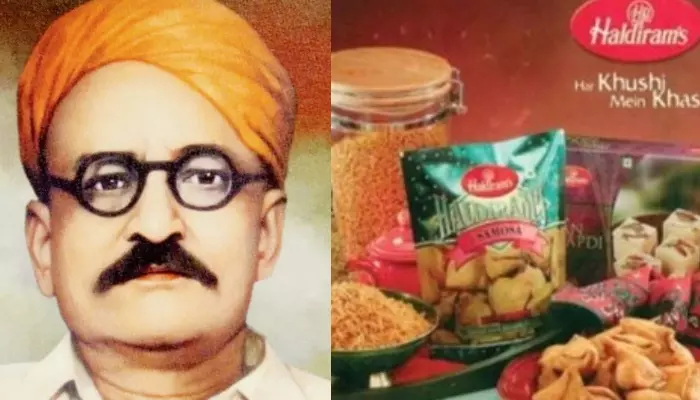
In the competitive world of fast-food outlets like McDonald's, Domino, KFC and many others, the traditional snack giant Haldiram has a fan base of its own. Beginning as a modest sweet shop in Bikaner, it has evolved into a multi-crore business today. From traditional sweets, snacks and packaged food, Haldiram is one of the most trusted brands.
Haldiram’s, which started as a small shop, is currently selling its products in more than 80 countries around the world. Driven by high quality, the brand has transformed itself in the years and earned many loyal customers who still swear by the brand. With over six generations in the family business, the brand sells its products under various names such as Haldiram’s Prabhuji, Bikanervala, Bhikharam Chandamal, Bikaji, and Bikano. Let us look at the success story of Haldiram, which is an inspiration to many.
Also Read: Meet Anupriya Kapur, 40-Year-Old Entrepreneur, Social Media Influencer, Redefining Single-Parenting
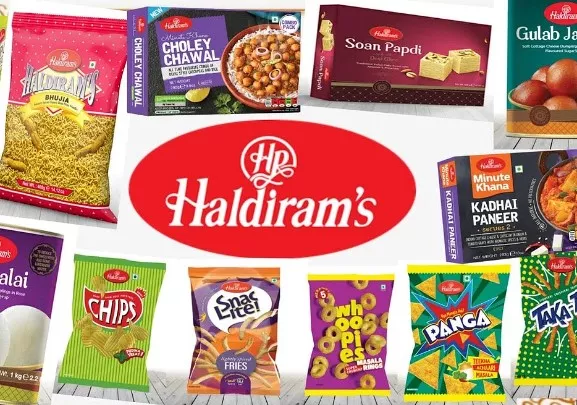
The story of Haldiram traces back to 1919 when a 12-year-old boy learnt to make bhujia from his aunt. Ganga Bishan Agarwal, affectionately known as Haldiram ji, was born into a poor family, where his grandfather used to sell bhujia in the market. Since childhood, Haldiram was quite fascinated with the business. He started learning the art of making bhujia and selling it with his grandfather.
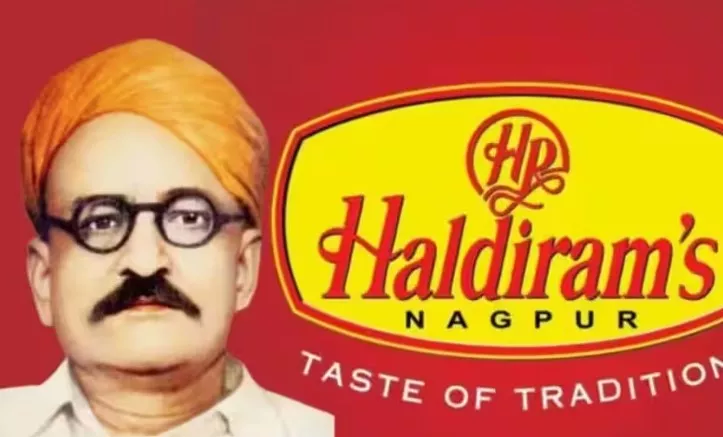
Since every vendor in the market was making the same bhujia, the competition was only on money. However, Haldiram was not satisfied with the business's success and wanted to make his product unique. To achieve this, he himself started making the bhujia, and after many failed attempts, he succeeded.
Continue reading below
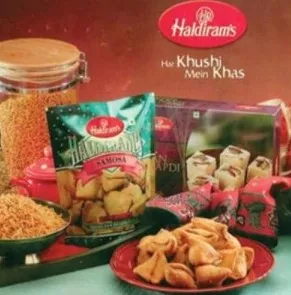
The key element which he added to his bhujia was preparing it with 'moth' instead of the usual gram flour. He also made sure that his bhujia was thin and crispy. Another major change was using the name of Bikaner’s king for his bhujia and selling it under the name of Dungar Sev. Thirdly, Haldiram started selling the bhujia at 5 paise per kg instead of 2 paise per kg. With all these changes, people started believing that the product was premium. Haldiram’s Dungar Sev became popular and broke all the records.
Recommended Read: Meet Youtuber, Armaan Malik, Humble Beginning, Rapid Fame, Two Wives, Net Worth Of Rs. 200 Crores
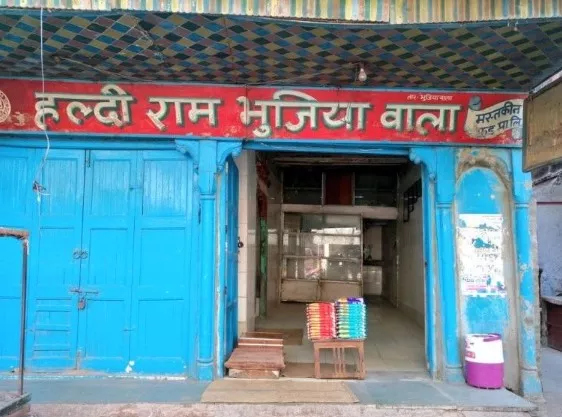
After getting out of his family business due to a feud, Ganga Bishan Agarwal restarted it. Initially, he sold moong dal in the busy market of Bikaner. In the 1950s, Ganga Bishan Agarwal started getting bulk orders for his bhujia after people tasted it at a wedding. In the same year, Haldiram’s youngest son, Rameshwarlal, and his grandson, Shiv Kishan, set out to establish the business in Kolkata. Within 12 years, the Kolkata branch’s business rose and started reaping profits.

Since 1968, Haldiram’s three sons were settled in the business. His elder son, Moolchand was managing the business in Bikaner. His second son, Satidas started his own business, and Rameshwarlal managed the Kolkata branch. Everything was going fine and at this point, Haldiram took a semi-retirement from the business.
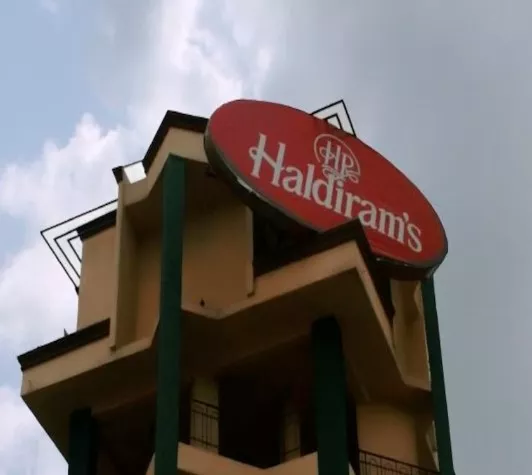
In 1968, Haldiram’s eldest grandson, Shiv Kishan, who was working with his uncle in the Kolkata branch, thought of opening a branch in Nagpur. In Nagpur, Shiv Kishan realised people’s love for sweets, and at this point, he introduced Kaju Katli to the market and started giving out free samples to people. People loved the taste, and sales reached new heights. Many other sweets were introduced in Nagpur, which increased sales by 400 per cent.
Also Read: Meet Richest Candidate Of Lok Sabha Elections 2024: NRI Doctor Who Has Rs. 5785 Crore Net Worth
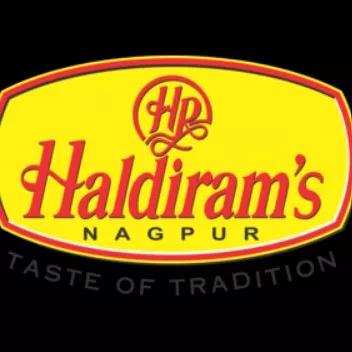
Along with bhujia and sweets, Shiv Kishan also introduced breakfast options like idli and dosa, which further increased the growth of the brand, Haldiram. Shiv Kishan first won the trust of the local folks of Nagpur by serving the products they liked and then introduced his own products, which eventually led to the success of the brand.
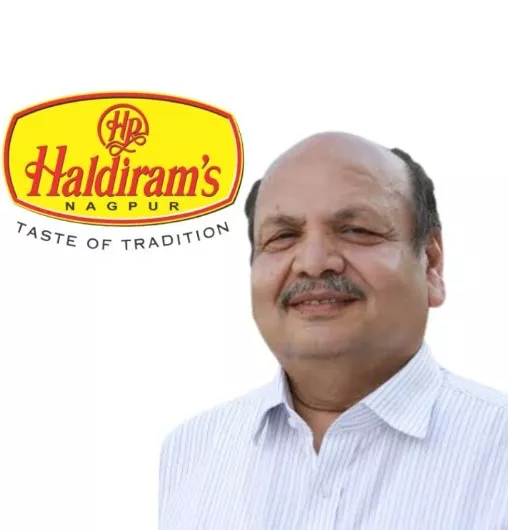
Ganga Bishan Agarwal's other grandson, Manohar Lal Agarwal, began the new chapter of the brand when he opened an outlet in Delhi’s Chandni Chowk. While there was a lot of competition in Delhi, Haldiram's modern packaging method set it apart from the other brands. Packing methods like zip pouch, standee pouch, and four-layer flexible packaging won the trust of its consumers.
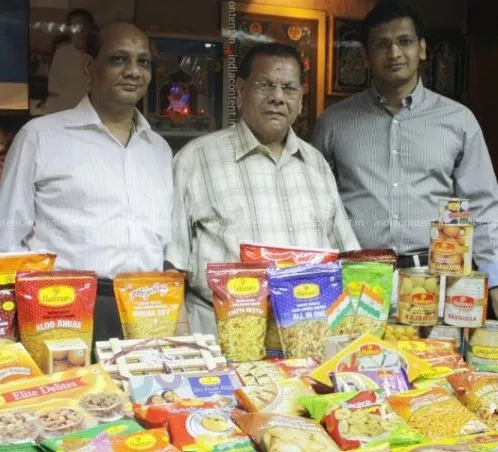
Manohar Lal Agarwal opted for another strategy to diversify the brand's outreach: opening multiple outlets. He first targeted big cities and later moved to smaller cities, which diversified the brand to pan-India. Today, Haldiram’s valuation is more than 3 billion dollars, which is approximately Rs. 9,000 crore.
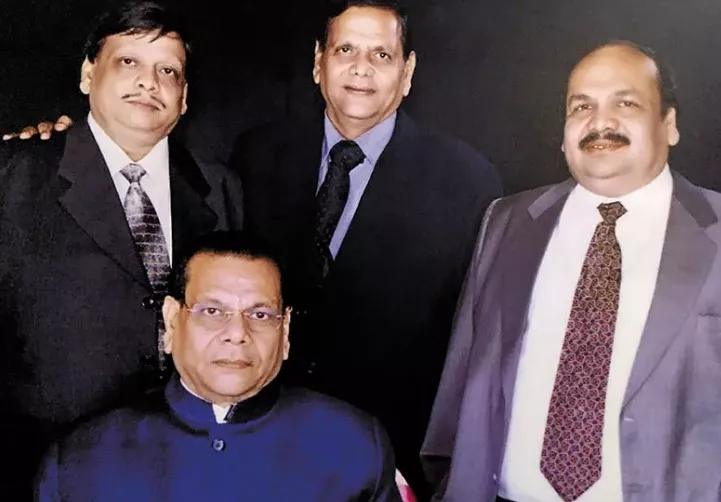
From a small shop in Bikaner to multiple outlets in many countries, Haldiram’s success is a testament to its innovation and pursuit of quality. With dedication and honesty, the brand acquired a global status, and its rise is an inspirational story.
Recommended Read: Meet Pakistan's 'Mukesh Ambani', Mian Muhammad Mansha, Born In India, Became PAK's First Billionaire
advertisement
advertisement
advertisement
